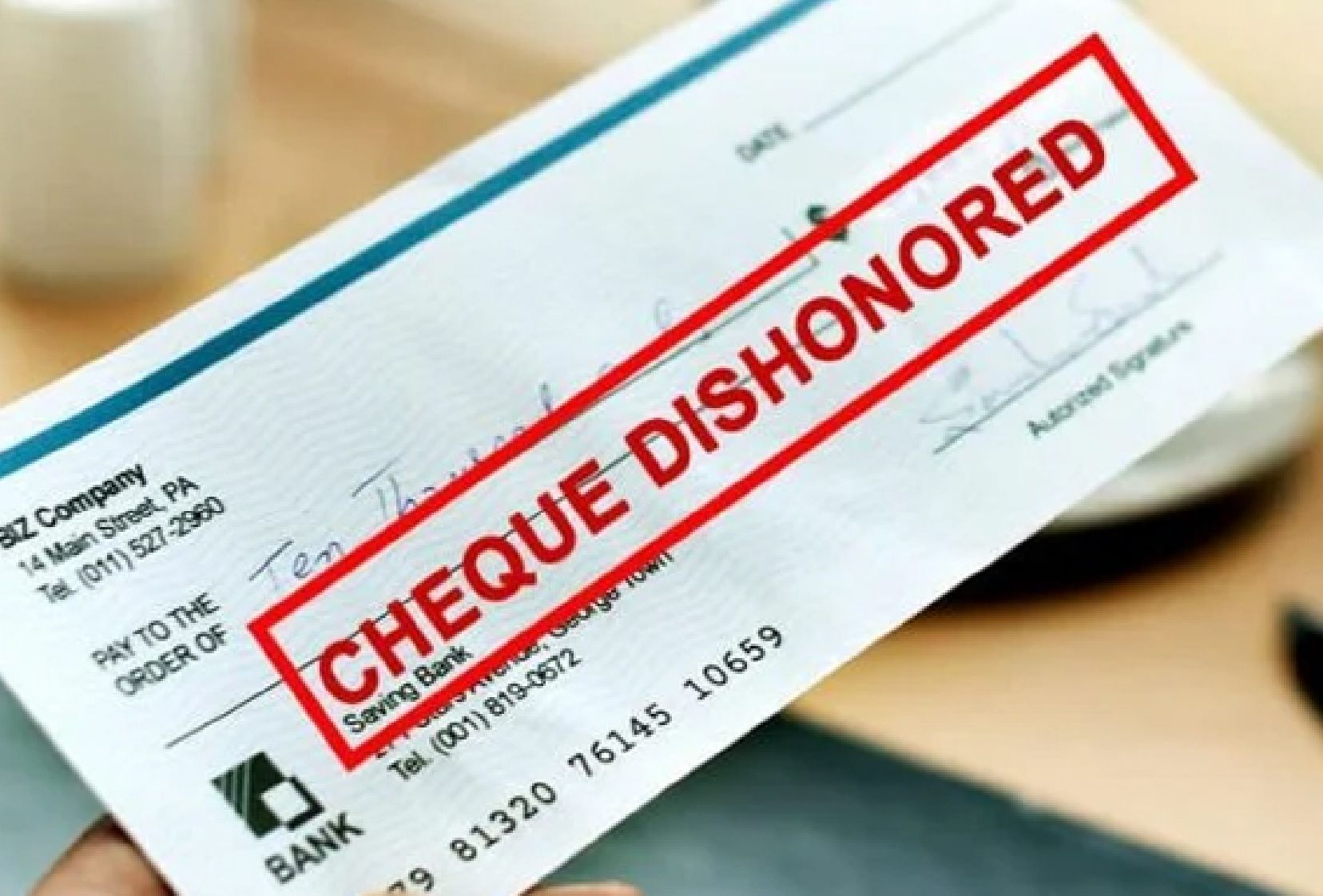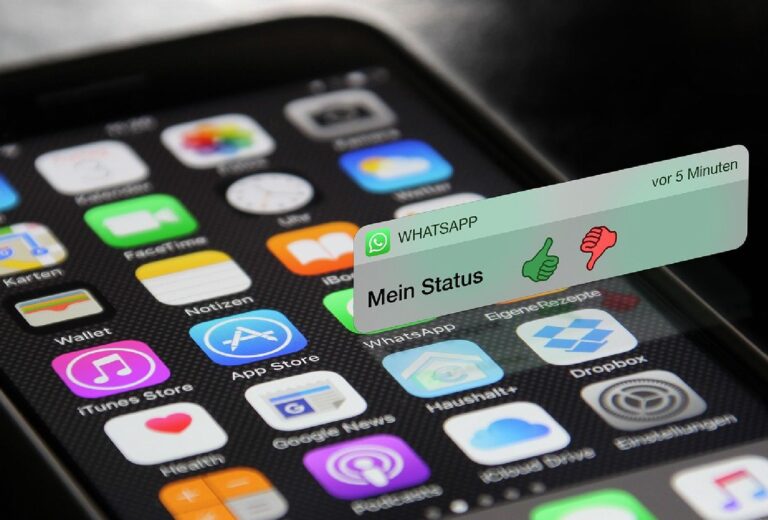- Written by: admin
- September 1, 2025
Definition of Cheque Dishonour
If a cheque is presented and the bank declines to honour the payment, it results in cheque dishonour.. This can happen for various reasons, including insufficient funds, technical errors, or discrepancies in the cheque details.
Importance in Legal and Financial Context
Cheque dishonour undermines trust in financial transactions and can lead to legal disputes. Understanding the legal implications is crucial for both issuers and recipients of cheques.
Legal Framework
The Negotiable Instruments Act, 1881
This Act governs the law relating to promissory notes, bills of exchange, and cheques in Pakistan. It outlines the rights and duties of parties involved in negotiable instruments.
Pakistan Penal Code, 1860 – Section 489-F
Section 489-F of the Pakistan Penal Code criminalises the dishonestly issuing of a cheque towards repayment of a loan or fulfilment of an obligation, which is dishonoured on presentation. A person found guilty can face imprisonment of up to three years, a fine, or both. Yet, if the drawer proves that the bank was responsible for failing to honour the cheque despite sufficient arrangements, they are exempted from punishment.
Role of the State Bank of Pakistan (SBP)
The SBP regulates banking operations and ensures compliance with legal provisions related to negotiable instruments. It provides guidelines for banks to handle dishonoured cheques and to inform customers accordingly.
Common Reasons for Cheque Dishonour
-
Insufficient Funds: The most common reason, where the drawer’s account lacks the necessary funds.
-
Signature Mismatch: When the signature on the cheque does not match the specimen signature kept with the bank.
-
Account Closed: The account on which the cheque is drawn has been closed.
-
Post-Dated Cheques: Cheques presented before the date mentioned on them.
-
Technical Errors: Mistakes such as incorrect date, amount, or missing details.
Legal Consequences
Civil Liabilities
The payee can file a civil suit for the recovery of the cheque amount, along with any damages incurred due to the dishonour.
Criminal Liabilities
Under Section 489-F PPC, the drawer may face criminal charges if the dishonour was due to dishonest intent. The prosecution must prove that the drawer had the requisite dishonesty.
Procedures for Filing a Complaint
-
Issuance of Legal Notice: Within thirty days of being notified about the cheque’s dishonour, the payee must forward a legal notice to the drawer.
-
Filing a Complaint: If the drawer fails to make payment within 14 days of receiving the notice, the payee can file a complaint under Section 489-F PPC.
Judicial Precedents and Case Law
-
Case Law: Various cases have been adjudicated in Pakistani courts regarding cheque dishonour. These cases help interpret the provisions of Section 489-F PPC and establish precedents for future cases.
-
Interpretation of Section 489-F PPC: Courts have clarified that the burden of proof lies on the drawer to show that they had made arrangements for the cheque to be honoured.
Prevention and Remedies
Due Diligence Before Accepting Cheques
-
Verify the authenticity of the cheque.
-
Ensure that the cheque is properly filled out.
-
Confirm the drawer’s account status.
Steps to Take When a Cheque is Dishonoured
-
Contact the drawer to resolve the issue amicably.
-
If unresolved, issue a legal notice.
-
Pursue legal action if necessary.
Legal Recourse and Recovery Options
-
File a civil suit for recovery.
-
Initiate criminal proceedings under Section 489-F PPC.




